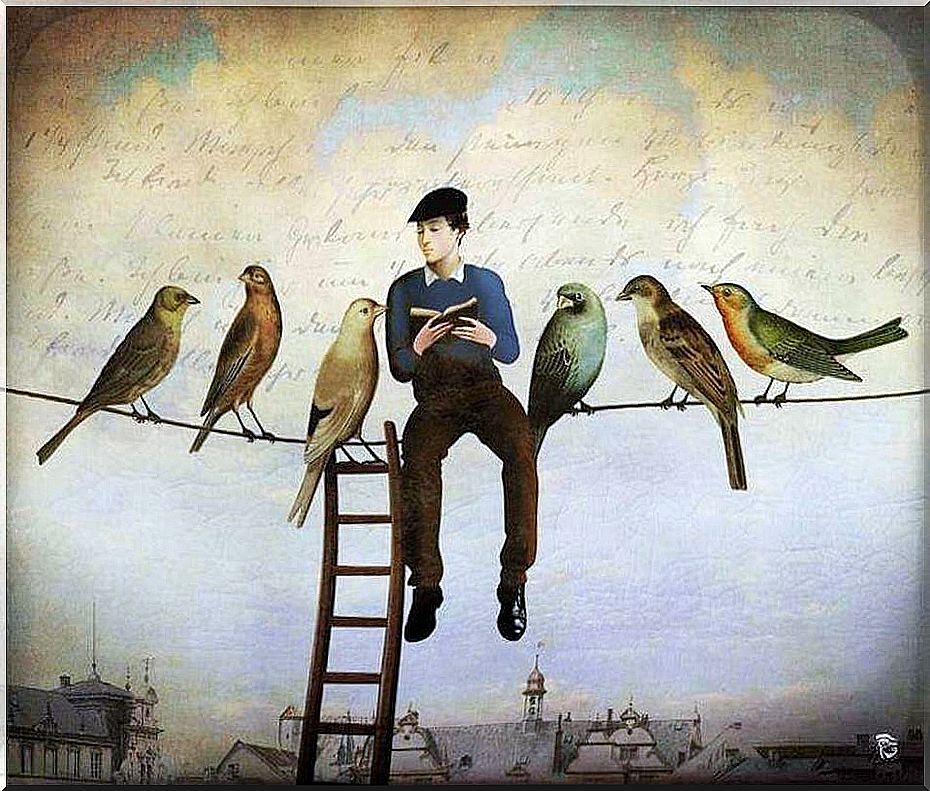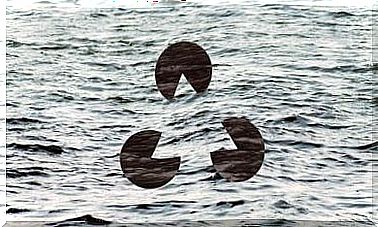Proverbs: Pearls Of Wisdom

Proverbs are pearls of wisdom, expressed quite ingeniously. They are usually presented in rhyme. The origin of the word “proverb” goes back to the Middle Ages, in particular to songs. The troubadours of the time added various lines at the end of each verse of the songs, a characteristic that we know today as a “refrain”, therefore a poetic repetition.
Proverbs or sayings have a practical application in everyday life. For this reason they do not resort to fantasy and are far from solemn. In general they are distinguished by irony, by comparisons, by playful tones and metaphors, by the fact that they transmit popular wisdom in a concrete way.
Proverbs have a popular origin and the authors are generally anonymous. They could go back to the beginning of humanity itself. They are the result of the experimentation and interpretation of the situations that man has to face in the course of his life. Therefore, they represent knowledge applied in different cultures.
The classic proverbs
There are proverbs known in practically all countries of the West, despite the different languages. They are transmitted from generation to generation and continue to be in vogue even with the passage of time. They could be considered universal truths that are accepted and put into practice in any culture.

Some of the more classic proverbs are:
- Eye does not see, heart does not hurt . He alludes to the fact that ignorance often spares a lot of suffering.
- With foolish words, deaf ears . No great explanations are needed. This little sentence sums up much of what a therapist would recommend to a person surrounded by uncompromising or dangerous individuals whose hobby is to criticize everything and everyone.
- The morning has gold in its mouth . It enhances the value of acting immediately, in any circumstance.
- Can that barks does not bite . A metaphor to indicate that people who seem threatening are actually not that dangerous. Their barking is simply the result of their fear and is usually more of a defense than an attack strategy.
- Those who want nothing too tight . A proverb that invites us not to do too many things at the same time because none will be done well in the end.
- Better an egg today than a chicken tomorrow . This proverb has a double interpretation, a typical characteristic of idioms. Another saying that comes close would be Who has nothing ventured not gained . The two sentences enhance the behavior of prudent people, but also of those who know how to take the risk. It is no coincidence that Aristotle said that virtue lies in the middle, intended as a point of balance.
- Dirty clothes are washed in the family . It indicates that certain confidences or discussions must remain where they originated. The proverb seems to suggest that outside the concrete situation in which the conflict arose, it is difficult to understand certain behaviors.
Proverbs from around the world
Each culture has its own proverbs and idioms. They reflect a particular wisdom, in harmony with the history of each country. Many of these are universal, but there are equally well-known local variants. Here are some examples of pearls of wisdom from various countries around the world:
- The five fingers are sisters, but they are not the same (Afghanistan). It refers to the concept of equity, different from that of equality. When it comes to fairness, it is not a question of giving everyone the same thing, but what each one corresponds to according to its individual characteristics so that the result, and not what has been given, is fair, on an equal footing with others. .
- The rain falls on the leopard’s skin, but does not wash off the spots (Africa). This beautiful proverb makes us understand that circumstances can affect us, but they do not erase who we are by nature. No matter how many thunderstorms occur, no one can change elements that are only ours, such as our essence.
- Nobody tests the depth of the river with both feet (Africa). A pearl of wisdom that praises the value of prudence. Thus, measuring risks can be a great advantage in achieving a good result without paying an excessive price.

- If you stop every time a dog barks , you will never end your way (Middle East). It alludes to the fact that distractions can become masked obstacles that prevent us from achieving the goal we really want to achieve.
- The best closed door is the one that can be left open (China). It reminds us that security is not about locks, but about trust.
- The immovable dragon in deep water becomes a grip for crabs (China). It refers to the fact that even fantastic beings become vulnerable under specific circumstances.
- Green wood fire makes more smoke than heat (Spain). It means that rushing processes leads to a limited result.
- Don’t pull ears to the man you don’t know (Spain). This proverb underlines the importance of being careful. Don’t start arguing with someone you don’t know.
- Rain, wind, snow and frost never stay in the sky (Finland). This beautiful phrase indicates that sooner or later times change, improve and give us an opportunity. It’s the equivalent of ours. It’s okay that it lasts a hundred years .

- Peaceful heart sees a feast in every village (India). This proverb speaks to us of inner peace as a condition for feeling good and having fun.
- A woman’s hair ties an elephant (Japan). It refers to the power of women, who are often underestimated.
- Those who are afraid have bad luck (Kurdistan). It reminds us that fear attracts negative situations, in part because the attitude it usually triggers is stillness or relegation.
- To delay giving is like denying (Portugal). It alludes to the fact that it is necessary to be generous at the right time, on the contrary the usefulness of generosity fails. Resources, better to use them or give them in time if this is our desire.
- In the house of the ant, the dew is a flood (Eastern Europe). It makes us reflect on the fact that everyone sees situations differently, based on their size. The same task has a different difficulty depending on the person who has to face it.
- Luck never gives, it only lends (Sweden). A great truth: what we call “luck” is a temporal accident, which never puts down real roots. It is something we cannot count on, an added element that we cannot rely on, but to protect ourselves from.









